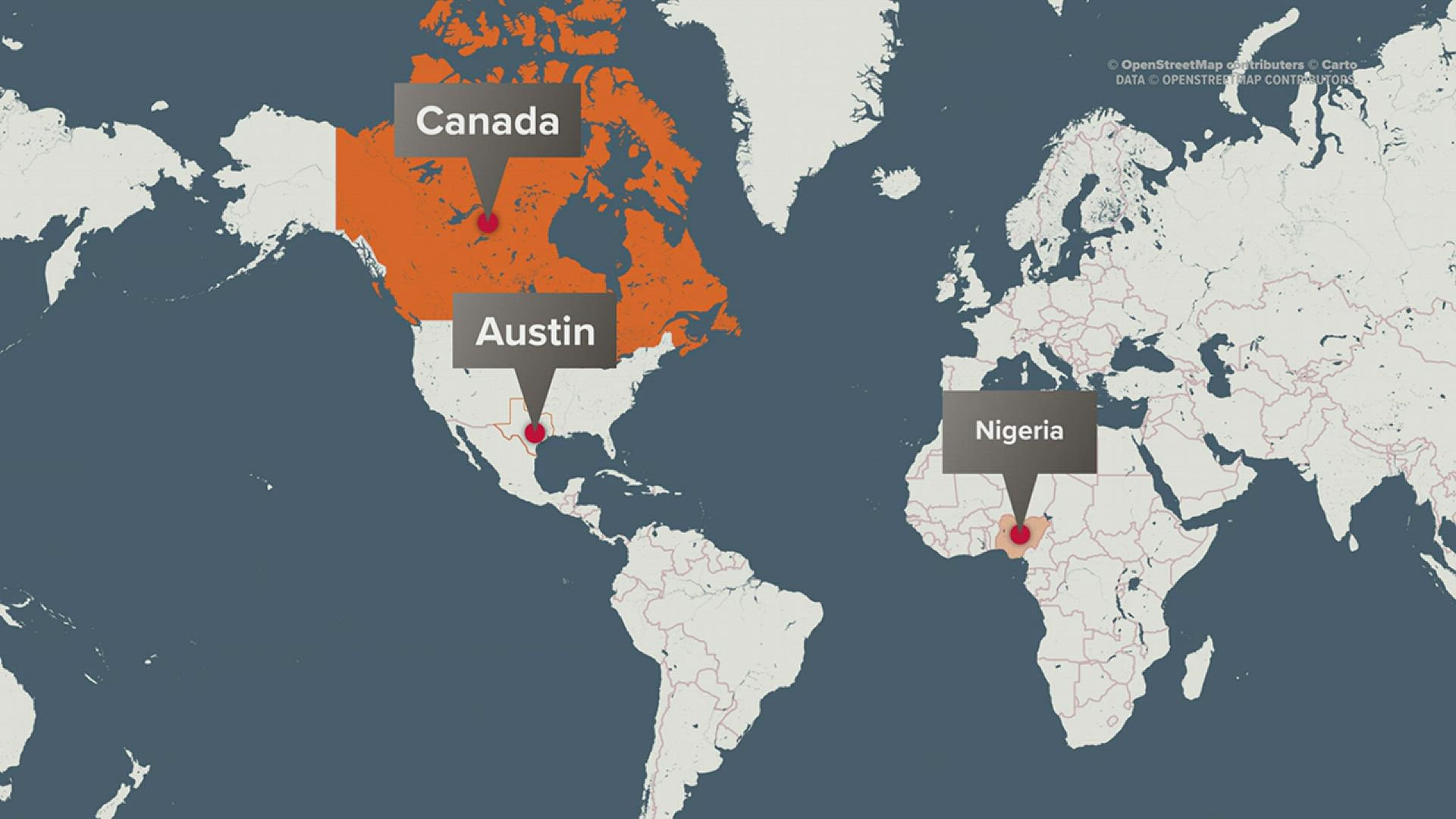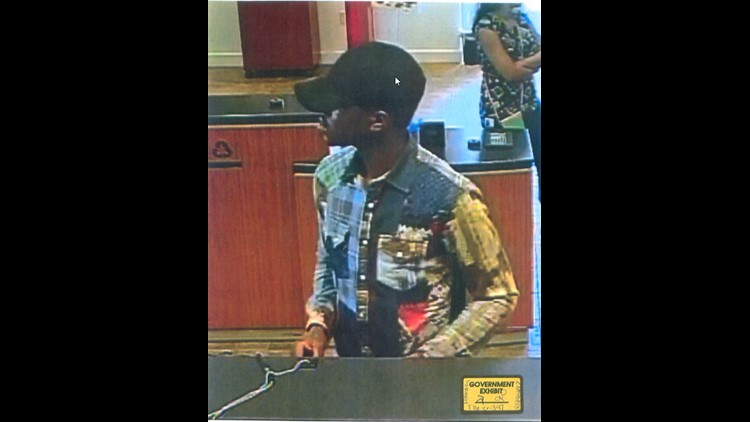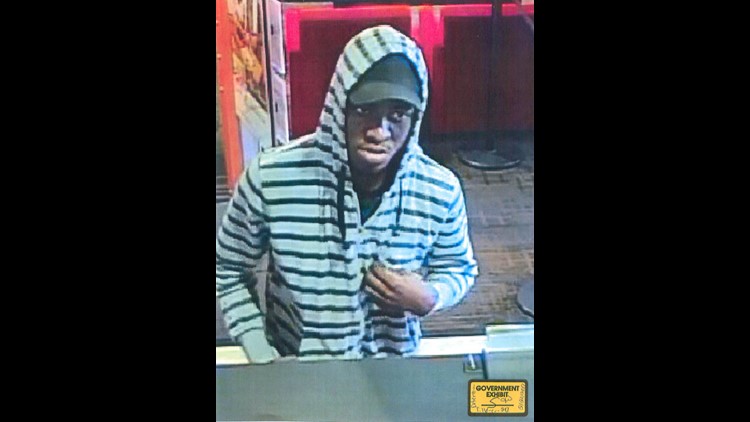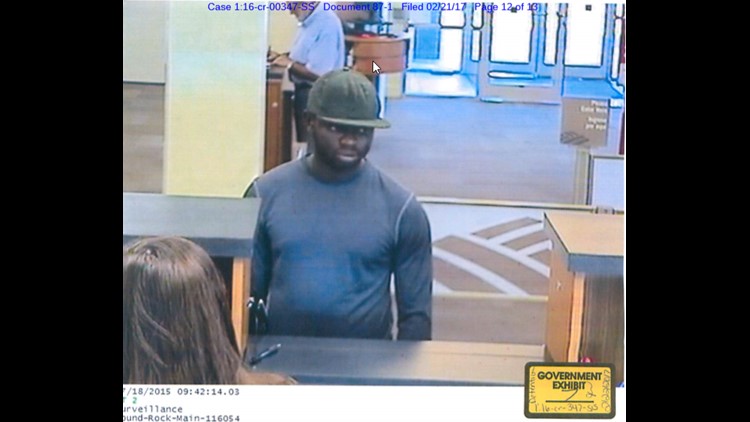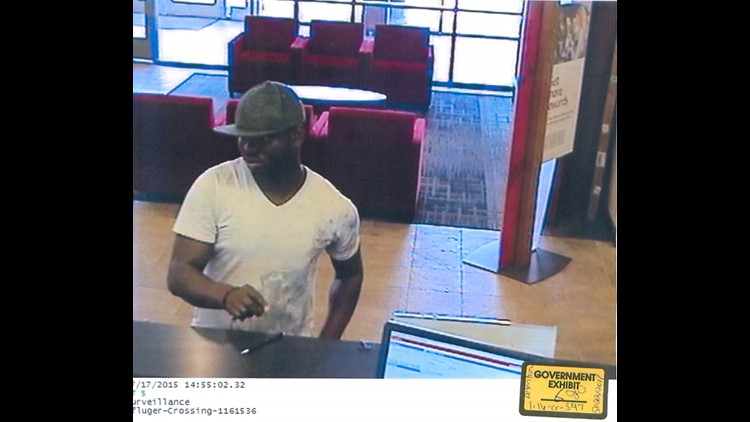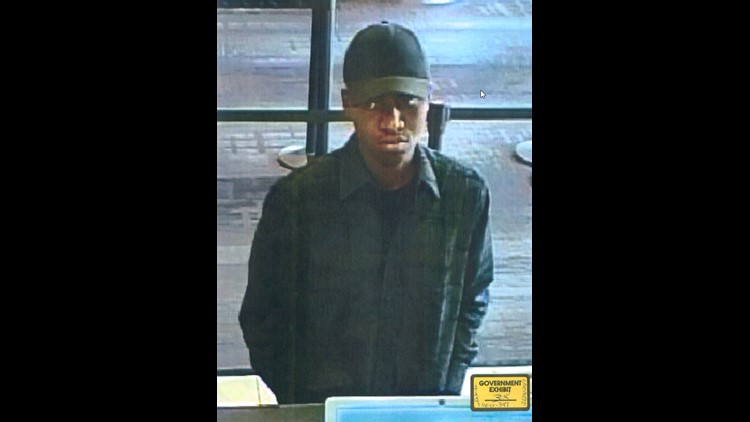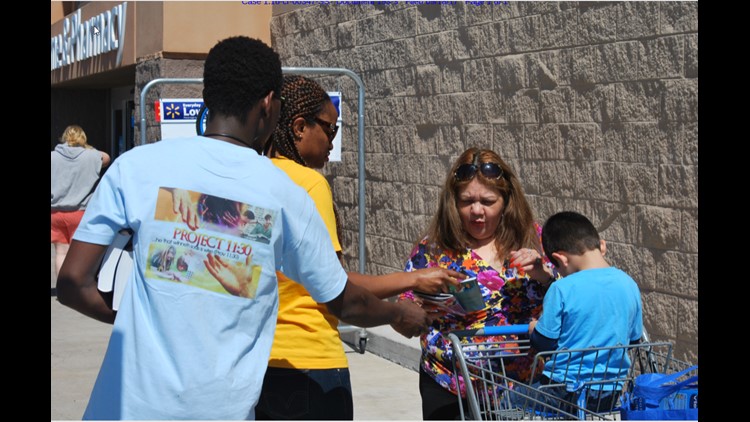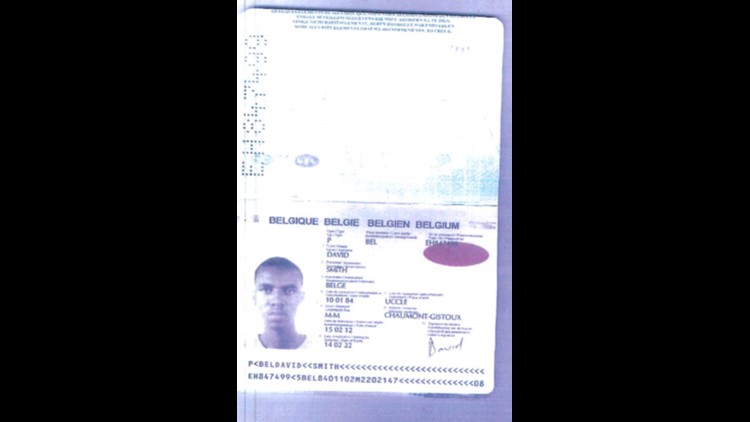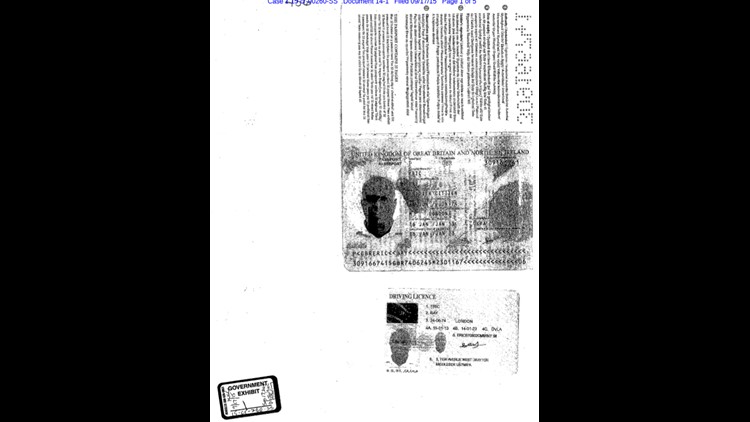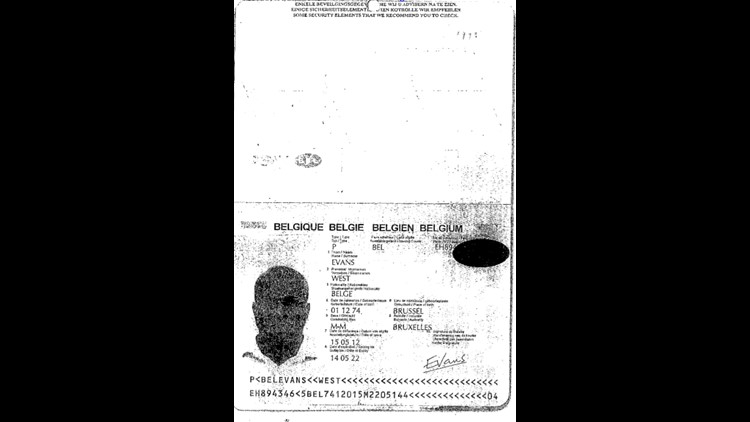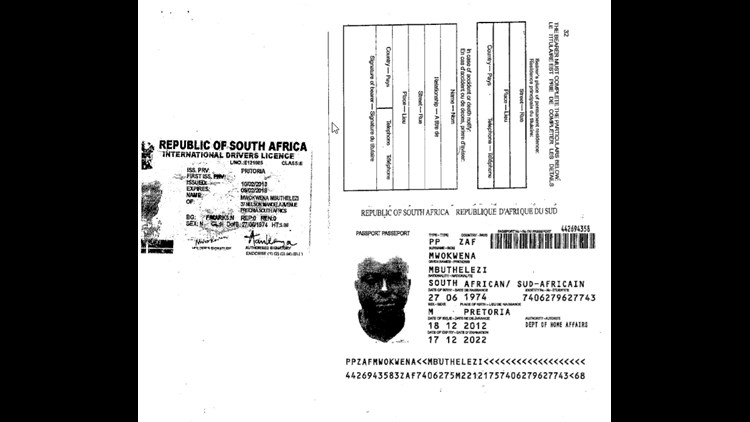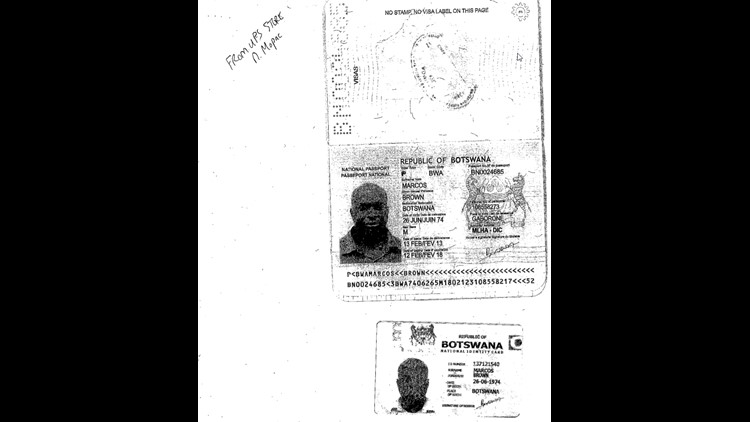Inside international fraud rings: How Central Texans become targets
After a Central Texas fraud and money laundering scheme netted millions from victims across the county, investigators are opening their files to the Defenders to help viewers like you avoid getting scammed.

AUSTIN -- Scammers from abroad are operating right here in Central Texas, taking millions of dollars from unsuspecting victims across the country. After a fraud and money laundering scheme was recently broken up here in Austin, federal investigators opened their files to the KVUE Defenders.
The scams come in various forms. You might get an email saying you have a delayed shipment or phone call saying you have an inheritance. All you have to do is send them some money. But it’s all a ruse. Young adults and the elderly are among the most vulnerable.
Law enforcement officials said these scams largely originate abroad and the perpetrators are very difficult to catch.
Nigerian Scam Ring Busted
Nigeria’s war-torn country makes it hard for any diplomatic work, but there’s progress being made. There, American soldiers train groups to fight rebels and their humanitarian efforts help provide supplies where orphan children struggle to survive.
Those efforts help build relationships that become crucial for people like Vance Callender, deputy special agent in charge for Homeland Security Investigations' Central Texas office.
“There are no harder investigations out there for law enforcement than ones that stretch around the world,” Callendar told KVUE. “… different laws, different politics and different jurisdictions. It’s a difficult game.”
His agents found a fraud ring, stretching from Austin to Canada to Nigeria. Seven people are now in prison, some from Houston and New Jersey, three of them from Austin. The three Austin men were convicted of charges ranging from passport fraud to conspiracy to commit money laundering. Callendar said the case is still open and his agents are still following leads.
Redacted Indictment by kvuenews on Scribd
Court records show U.S. Customs found counterfeit passports and U.S. Visas. Investigators linked them to several people, including Egosa Obaretin, Roland Imoe and Augustine Ikolo of Austin.
There have been hundreds of victims, duped in a variety of schemes, who have sent more than $5 million to the criminals involved.
Pictures submitted as evidence show Ikolo and Imoe used fake passports to open bank accounts in Austin, Pflugerville and Round Rock. The money then went to banks in Canada before reaching Nigeria.
PHOTO EVIDENCE: Nigerian scam ring busted in Central Texas
“A lot of these cases we find that the money circles the world before it gets back to where it is intended to go,” said Callendar.
A Possible Connection
Giovanna De Leon of Kyle said she got an email she thought was from Amazon.com warning her of a security breach.
“… saying that there was a request to have my password reset, that if I did not do that, to call and give a code in the email," De Leon explained. "So I did. They were able to access my computer and were in my computer. Took control of it.”
The person on the other end of the phone had an unfamiliar accent and said they could fix her security leak for $149. But she soon realized she wasn’t talking to anyone from Amazon.com
Then, three weeks later, De Leon was targeted again. That time, she got a text for an Amazon job offer stating she would be paid $500 a week if she allowed them to wrap her car in Amazon.com advertising. The text included a link to an application, which she filled out. But then she remembered the last time someone contacted her saying they were with Amazon.com. She didn’t respond anymore. But whomever it was didn’t stop.
“On a Friday morning, UPS came and delivered a check for $3,800 and some odd dollars,” said De Leon.
The check looked real, but it wasn’t.
They told her to call them for further instructions. She called the KVUE Defenders instead. Luckily, she didn’t lose any money but still filed a complaint with the Federal Trade Commission.
Homeland Security confirms “legitimate businesses do not regularly send large amounts of money upfront to recruit workers.”
Amazon’s press office confirmed that De Leon’s email warning and text offer wasn’t from Amazon.
Amazon offers tips on how to identify whether an email or webpage is official here. For other Amazon security and privacy information, click here.
Operation Jolt -- Jamaican Scammers
Callender took us inside another international fraud ring investigation. That case led his investigators to Jamaica.
“They were just making calls down the phonebook. There were phone books coming in from Maine, from Nebraska, from all over the place,” said Callendar.
Marking lists with the names, addresses and phone numbers of U.S. consumers also provide a way for scammers abroad to target Americans. They’re sold legally and easy to obtain.
“When we would read and execute search warrants in Jamaica, we would find soliciting statements written in English and in French,” Callendar explained.
Callendar said although Nigeria and Jamaica are poor countries, both have a strong communications infrastructure.
“I can tell you in Jamaica, several businesses had their call centers there. So, a lot of Jamaicans were trained in how telemarketing works and the advantages of doing it ... pressure sells,” said Callendar. “You can go to any Jamaican junior high and at lunchtime you will find kids on the playground making soliciting calls to the United States."
Callendar said one of the first people his team arrested in Jamaica was a 16-year-old boy posing as a middle-aged woman on the phone.
The Takeaway
Last year, 348,000 people nationwide fell prey to imposter scams with a median loss per victim of $429. That adds up to $328 million funneled to criminals.

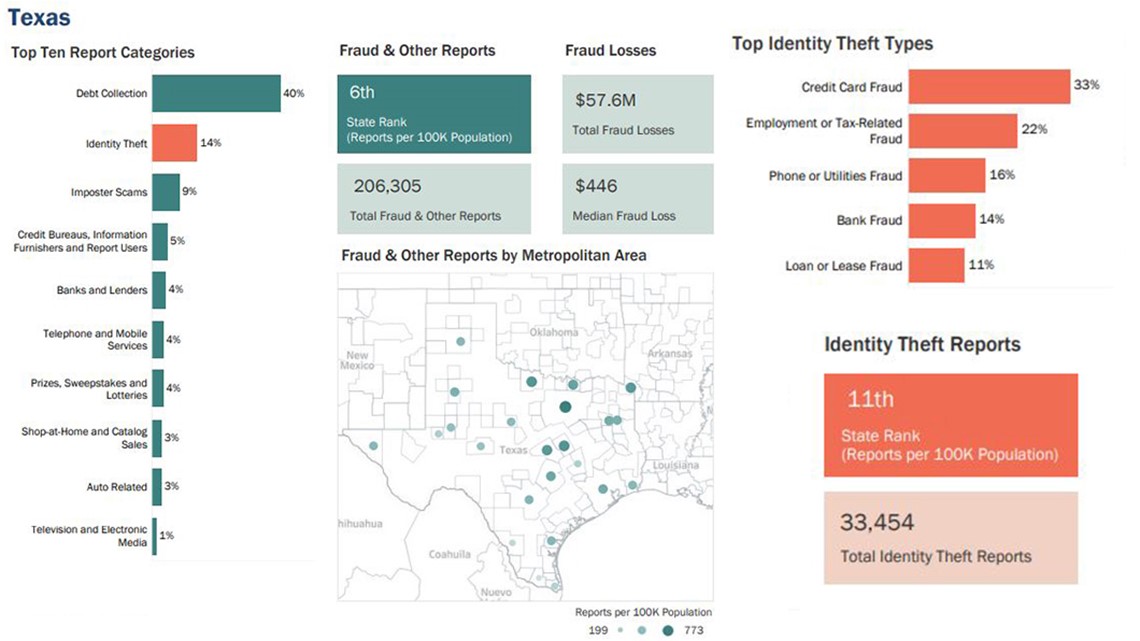
Texas ranks sixth in the U.S. for money lost per capita in these fraud cases. The Austin-Round Rock area has the seventh largest amount of fraud reports in Texas, with more reported cases than Houston and San Antonio.
Texas Fraud Cases by kvuenews on Scribd
Callendar said he can guarantee other international fraud schemes are at work here in Central Texas. Anyone with a phone or internet can be targets. The best way to fight back is to file a report with the Federal Trade Commission. They house a central database for investigators from several government agencies.
The Federal Trade Commission reports people in their 20s are the most common victims, but people over the age of 70 tend to lose the most money to imposter scams.

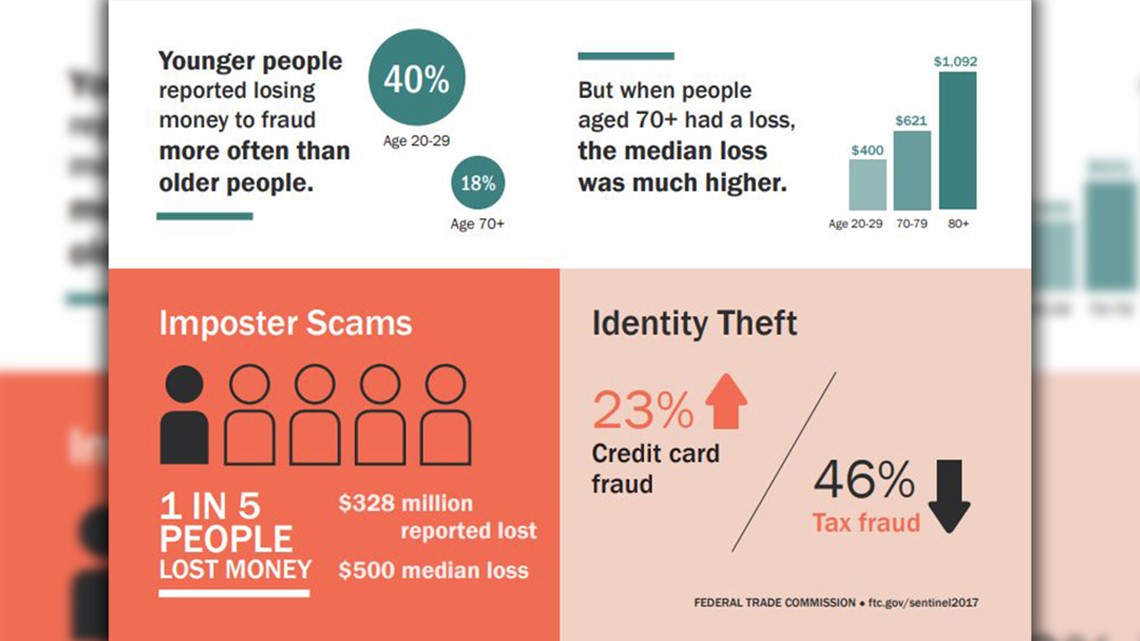
Click here to view the full Federal Trade Commission Consumer Sentinel report.
Click here for more information on other types of imposter scams.
Click here for tips on how to avoid international imposter scams.
Click here for information on how to report to the FTC.
RELATED:



